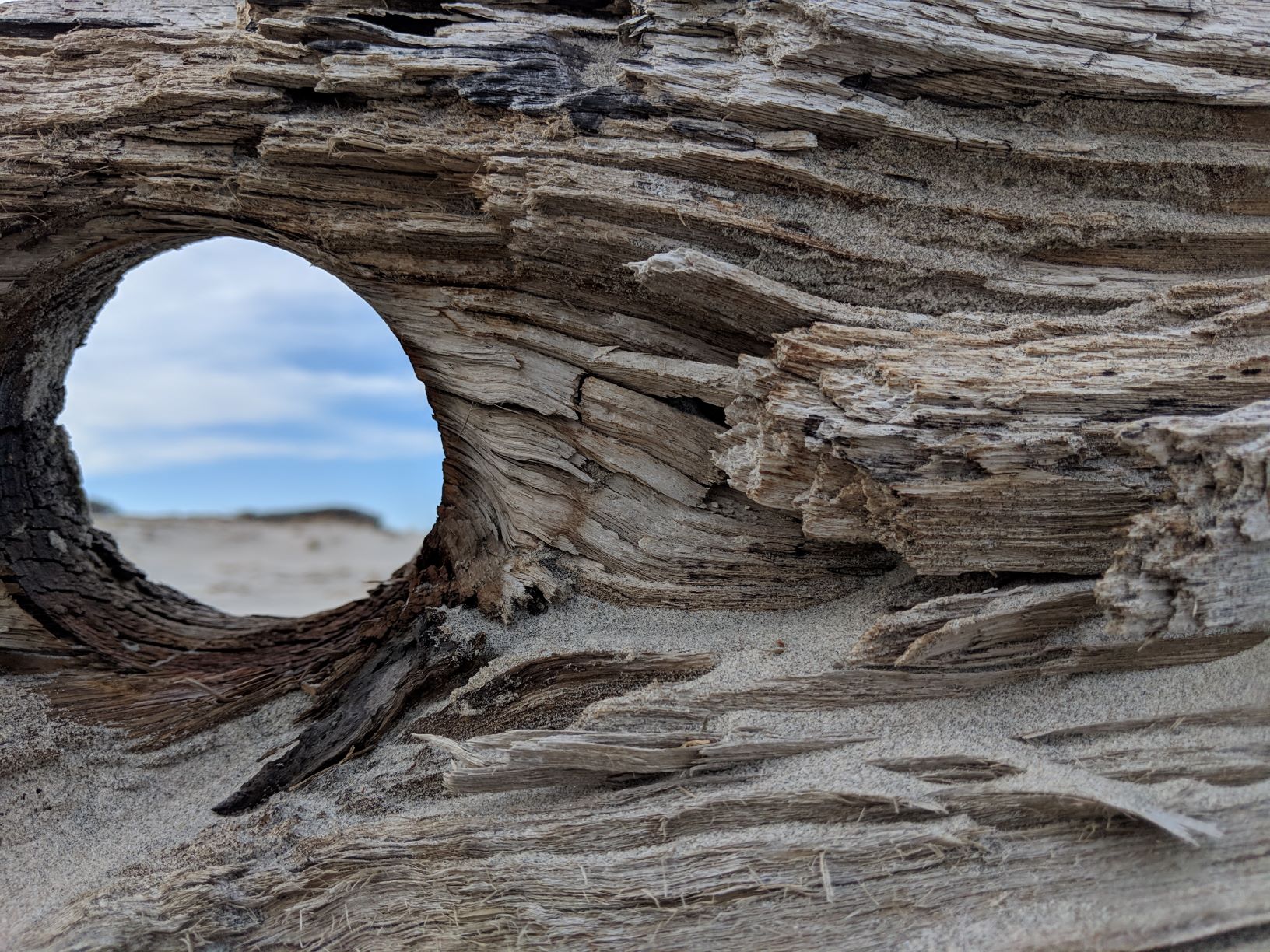
My N95 masks came late, too late to get new ones, in a damaged box, and I’m going to wear one into a classroom tomorrow. My mask will not be the only thing crushed going in.
The room will be chilly, the windows ajar–they only open a few inches–and I will face a room of masked young adults.
If influenza was rampaging through our town like this virus is now, we would consider closing, not because influenza is dangerous (though it can be) but because adequate staffing in schools and local medical centers matters, and closing public buildings mitigates the peaks of infectious viral outbreaks.

This variant is incredibly contagious–the peak of the current wave should happen in the next week or so, if it hasn’t already happened.
Remote schooling is understandably unpopular but doable, will minimize staff and student absences due to COVID and influenza. We will be returning to school tomorrow, allowing this thing to continue to spread, when we have better options than way back when in 2019.
And yet we persist….



